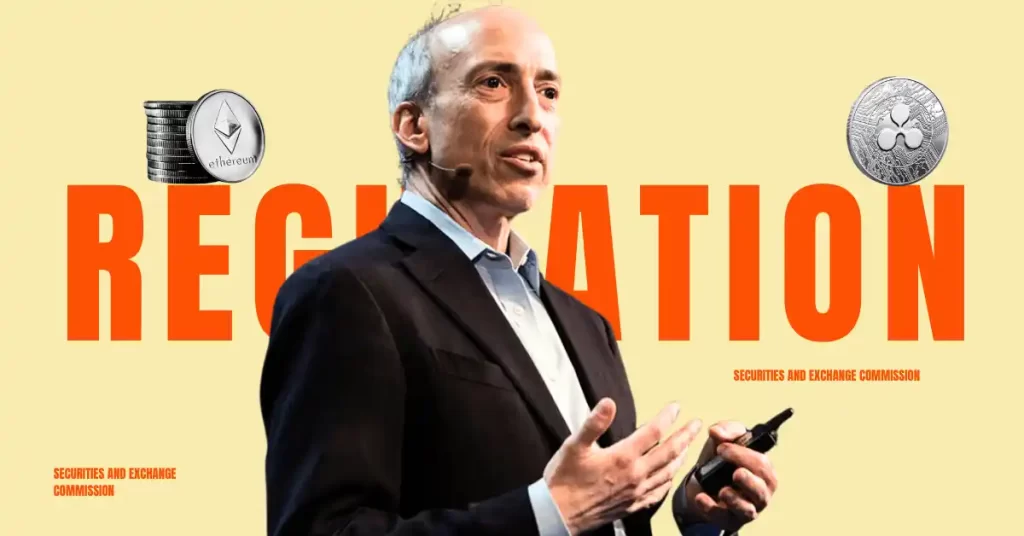‘$2 Billion Would be Tough For Ripple’: Attorney Sheds Light On Upcoming Ripple Judgment

The post ‘$2 Billion Would be Tough For Ripple’: Attorney Sheds Light On Upcoming Ripple Judgment appeared first on Coinpedia Fintech News
Attorney Fred Rispoli, founder of Hodl law, recently appeared on the Thinking Crypto podcast and said that there has been a major change with the recent Ethereum approval. He had been almost certain that it would require another lawsuit, similar to the Grayscale case with Bitcoin, to get things moving. While that might still happen, the current outlook appears favorable.
Fred opened about the upcoming judgment. When asked, “The judgment is going to be the amount Ripple has to pay for the institutional sales ?’ The attorney said, “ Yes. But the more important thing is what is the injunction going to be? What is Ripple going to be prevented from doing ever again? That’s really the money. Obviously, if it’s $2 billion, that would be tough for Ripple and not really even a killer, but it would definitely hurt. I would put my money on it being under $25 million, and really a penalty only as opposed to disgorgement.”
He continued, “They put it in their proposed order that Ripple can’t do anything that’s even remotely like what it got ruled as unregistered securities transactions in the case last year.” When a government entity is involved in a lawsuit, they have 60 days instead of 30 to file a notice of appeal. Once the judgment is issued, the SEC has 60 days to decide whether they will appeal. This will be a crucial indicator of the direction the SEC intends to take.
Fred expects the judge to avoid addressing new contracts or activities not fully litigated. If the SEC wants to pursue these new matters, they can file another lawsuit. This approach would be the best realistic outcome for Ripple, as it would limit immediate repercussions to past actions only.
If the judgment includes restrictions on institutional sales deemed securities transactions, Ripple might further shift its operations outside the U.S., which could negatively impact the U.S. crypto industry.
